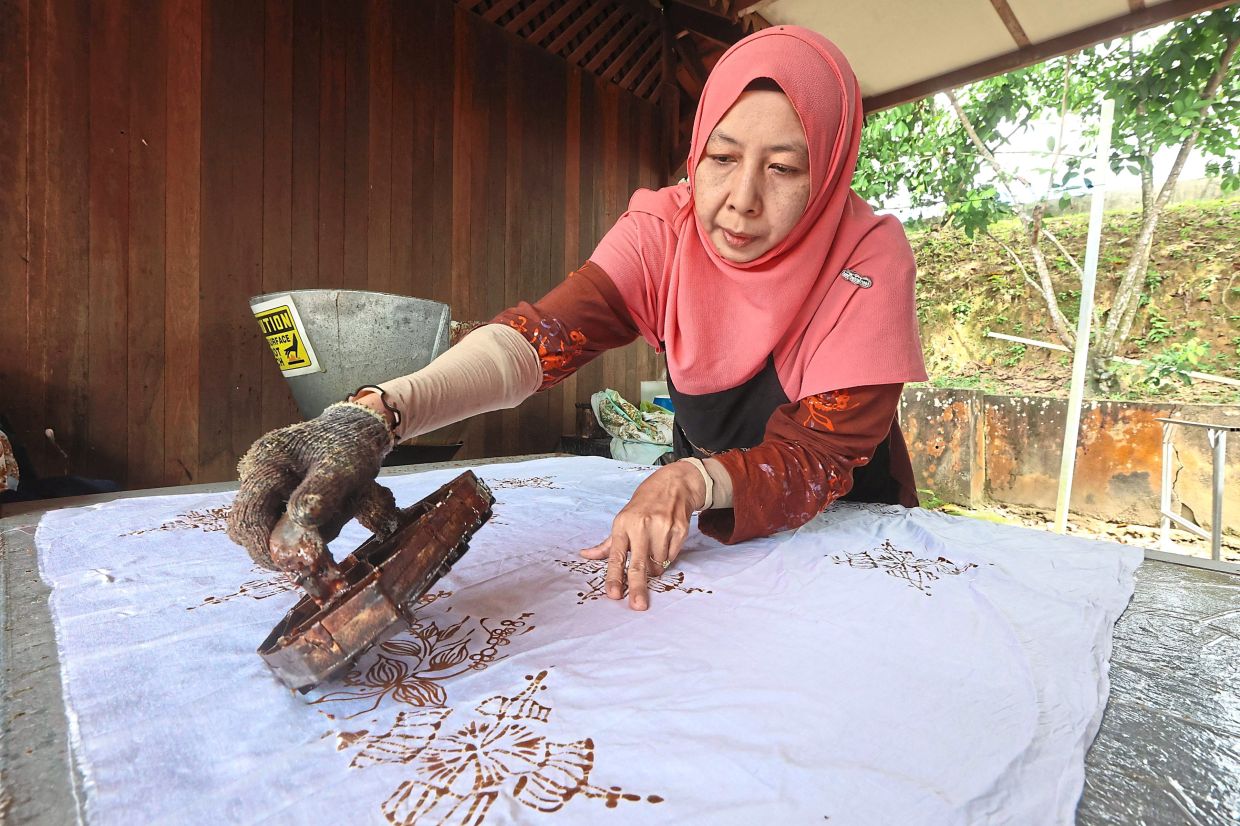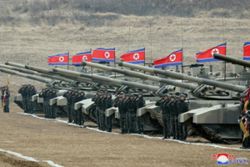BEING a nurse is rewarding, but the profession is filled with challenges.
For Nureen Syauqina Haniff, 23, a day at work could mean being on her feet for more than 10 hours at a stretch, while staying mentally focused.
Based at Assunta Integrated Social Services (Assiss) under Assunta Hospital’s purview, her job entails dealing with patients from the outskirts of Selangor.
Nureen Syauqina had initially dreamed of being a teacher but was encouraged by her mother to consider nursing instead.
She then applied to Tun Tan Cheng Lock College of Nursing and was accepted after completing her Sijil Pelajaran Malaysia.
She admitted that the job took an emotional toll during her first few months.
“Gradually, I began to fall in love with nursing as I like to help people,” she said, adding she then joined Assiss mobile clinic.
Nureen Syauqina said she soon learned that the job was both tiring and rewarding.
“The community always welcomed us and even gave us food. It felt good knowing that our services were needed,” she said.
Tiffany Chan Koh Lin, 25, said after having served as a nurse for four years, she still has a lot to learn.
“At one point, I was taking care of newborns. Although I was scared (of holding them) I managed to overcome the fear through my training here,” said Chan who is now a mobile clinic team leader.
To date, up to 50% of the hospital’s profits have been channelled into Assiss, which provides free healthcare services to the poor and underprivileged.
Assunta Hospital was founded in Petaling Jaya by the Franciscan Missionaries of Mary in 1954.
Since 1974, the Assunta Foundation has been managing the hospital under the supervision of its board of directors.
A not-for-profit establishment, the hospital operates on social entrepreneurship, where up to 50% of its profits are reinvested back into the hospital’s expansion, new equipment and technology and to cover operational costs.
The remaining 50% is channelled to Assiss, to subsidise medical care for eligible patients from the lower-income group.
Assiss’ wide range of complementary services include pastoral care, mobile clinic, social welfare outpatient programme, wound care, palliative care and stroke ancillary programme.
Patients with a combined family income of less than RM2,500 per month can access Assiss’ integrated healthcare services at no charge, which includes consultation, treatment, surgery, primary medical monitoring, health promotion, geriatric care, education, wound care, end-of-life care and emotional support.
Over 39,000 people have benefited from their services to date.
For details, visit www.assunta.com.my/assiss or www.facebook.com/assiss.my








































